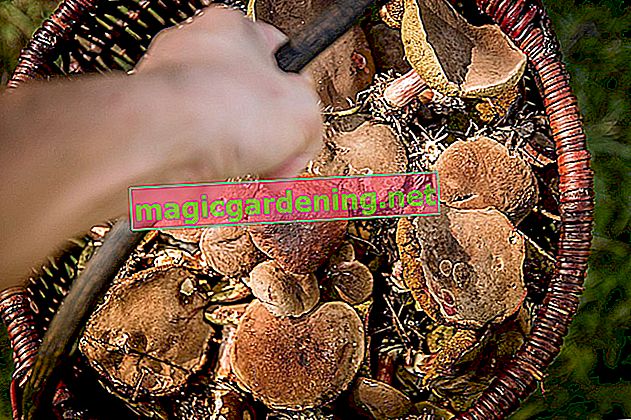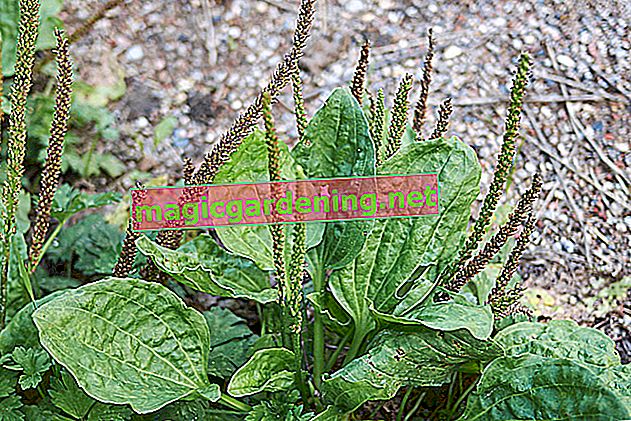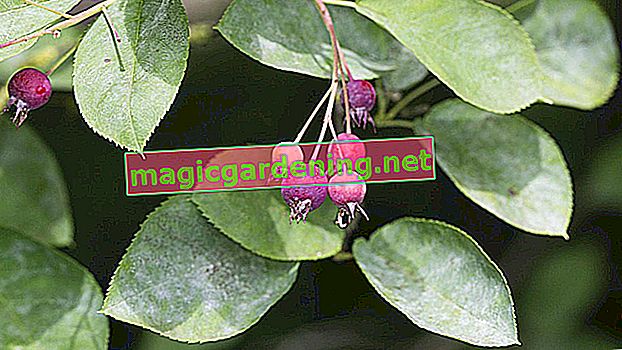
Fertilization and fruit development
As a subtropical plant, the lemon blooms all year round. The white, strongly scented flowers are usually fertilized by self-pollination, but pollination by insects is also possible. In addition, lemons are capable of so-called parthenocarpy, which means that fruits develop even without any fertilization. However, these are seedless. Some of the lemon seeds are polyembryonic. So you don't have to be surprised if you put a seed in the ground and several saplings develop from it.
also read
- Lemon tree only grows quickly in good conditions
- Can a lemon tree tolerate frost?
- What earth does the lemon tree like?
Lemons are edible
If you buy a small lemon tree with fruits on it in the garden center, you will often find a hint that the lemons are not suitable for consumption. In fact, it would be better not to enjoy these fruits as the plant has usually been treated with toxic pesticides. However, you can harvest and use fruits developed later without worry, because the lemons sold are usually not purely ornamental plants.
The right harvest time
Just as the flowers can be found on the tree all year round, the lemon also bears fruit all year round. However, these take a comparatively long time to ripen - on average, it takes about six to nine months from flowering to ripe lemon. Ripe lemons do not necessarily have to be yellow, the color does not indicate the degree of ripeness. It only occurs when the lemons are exposed to cold weather. You can also leave ripe lemons on the tree for many months, the fruits neither fall overripe nor do they start to rot.
Prune the lemon tree regularly for higher harvests
The lemon tree needs strong branches so that the fruits can develop. Therefore, an annual cut in autumn is necessary so that the tree does not become bald and can direct its energies into fruit-bearing branches. Since a fruit develops from almost every flower, you should remove excess lemons - the remaining lemons then have a higher chance of reaching fruit ripeness and are also much larger.
Tips & Tricks
A lemon is definitely ripe when it gives way to light pressure, has an aromatic scent and can also be detached from the tree with a slight twist. By the way, lemon trees have a very long youth: trees grown from seeds bloom and bear fruit after eight to twelve years at the earliest.








